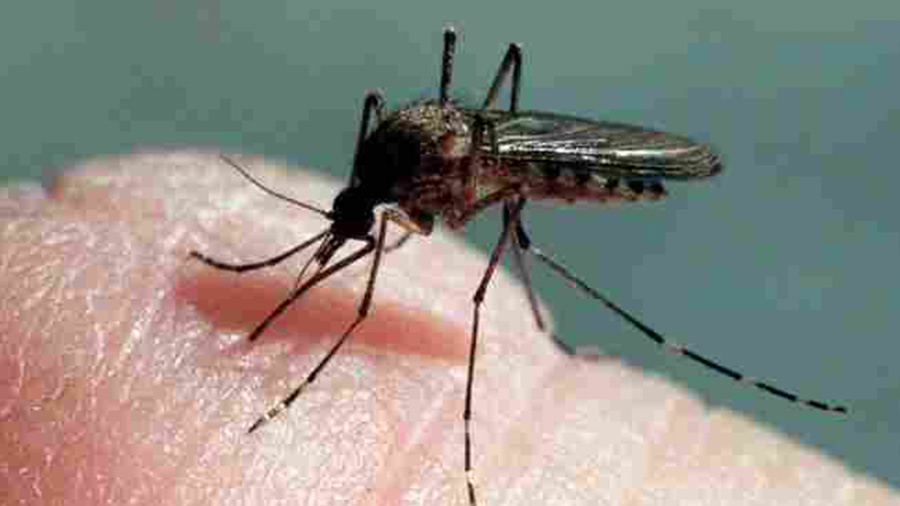The Odisha government is planning to deploy drones to spray mosquito repellents to make the capital city mosquito-free ahead of the Men’s FIH Hockey World Cup beginning January 13.
Sources said hundreds of employees will be put on the job of making Bhubaneswar clean and green. The temple city is going to host the Men’s Hockey World Cup for the second time.
The final match will be played on January 29. A few matches will also be played in the steel city of Rourkela, about 500km from here.
As hundreds of foreign players and thousands of foreigners will descend on the temple city, the biggest challenge for the state government is to make the city free of the tiny winged insects whose bites can cause both malaria and dengue.
If any of the players of the support staff of the visiting teams contract malaria or dengue it will tarnish the image of the state and nullify the government’s efforts to project Bhubaneswar as one of the most beautiful cities in the country.
The Bhubaneswar Municipal Corporation has been asked to ensure that the city remains free from mosquito menace.
Commissioner of Bhubaneswar Municipal Corporation (BMC), Vijay Amruta Kulange said: “A massive operation will be launched to get rid of mosquitoes. Drones will be used to spray anti-mosquito medicines and chemicals in inaccessible areas. Mostly it will be used in areas where the employees of the BMC and the vehicles cannot reach. Scientific teams will be deployed to study the life cycle of the mosquitos.”
Mayor, of BMC, Sulochana Das said: “We are concerned about the mosquito menace. As the Calcutta Municipal Corporation used drones to fight mosquito-related issues, we will also do the same thing. They will be used to identify the source of mosquito breeding. Once the location is identified we will apply chemicals in the source through drones.”
Besides using the drone, it has also decided to intensify fogging. More fogging teams will be engaged for this purpose and work will begin on grass-cutting. However, Odisha has been successful in reducing the number of malaria cases in the state.
“While 4.4 lakh malaria cases were reported in 2016, it was reduced to 7,696 cases by June 2022. This has been possible because of the focused approach of the health department. We are working to control the cases by 2030,” Dr Mishra said.










